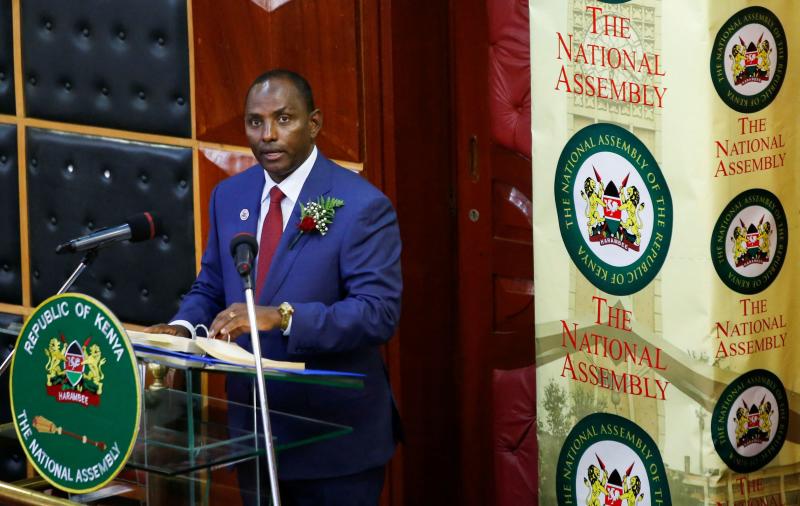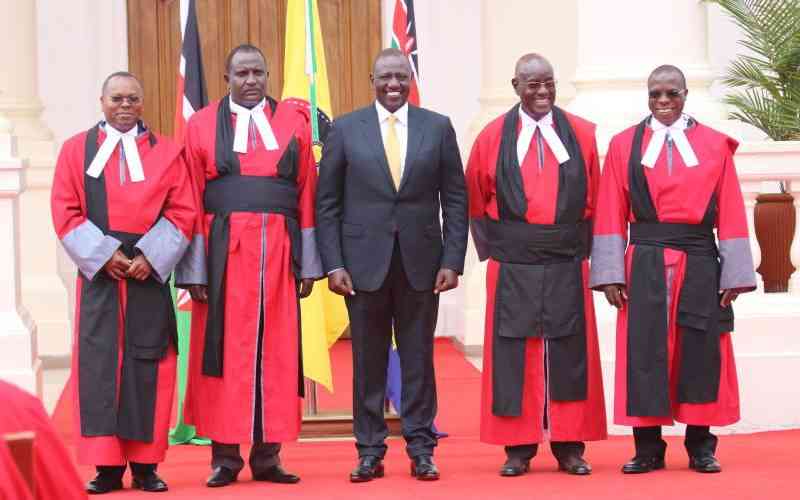Kenya's Finance Minister Ukur Yatani presents the Government Budget for the 2022/23 fiscal year inside the Parliament buildings in Nairobi, Kenya on April 7, 2022. [Reuters, Monicah Mwangi]
×
The Standard e-Paper
Kenya’s Boldest Voice







